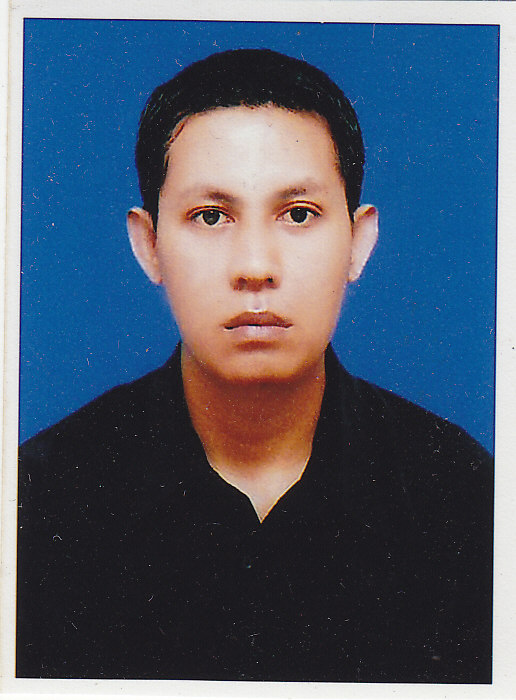Biografi
Name: Nicholas Simarmata, S.Psi., M.A.
Place, date of birth: Yogyakarta, 24 September 1979
Email: nicholas.simarmata7@gmail.com
Occupation: Lecturer in Psychology Study Program, Faculty of Medicine,
Udayana University, Bali. Indonesia.
Work/Office address: Jl. PB. Sudirman. Denpasar. 80232. Bali. Indonesia
NIP: 197909242009121003
NIDN: 0024097906
Golongan: III/b
Pangkat: Penata Muda Tingkat I
Jabatan fungsional: Asisten Ahli
Education
1. Senior High School: De Britto College. Yogyakarta. 1996
2. Undergraduate: Psychology Faculty. Sanata Dharma University. Yogyakarta. Indonesia. 1998 Thesis: Relationship between Emotional Intelligence and Job Satisfaction on Employee.
3. Graduate: Master of Arts in Industrial Organizational Psychology. Psychology Faculty. Gadjah Mada University. Yogyakarta. Indonesia. 2006-2008. Thesis: Relationship between Transformational Leadership and Leader-Member Exchange with Employee Organizational Citizenship Behavior
4. Post-Graduate: Doctoral student. Majoring Industrial Organizational Psychology. Gadjah Mada University. Yogyakarta. Indonesia. 2015. Dissertation: Gotong royong.
Research Interest:
1.
Gotong
Royong
2.
Organization
Climate/Commitment/Communication/Culture/Justice/Effectiveness
3.
Intrapreneurship/Entrepreneurship
4.
Organizational Citizenship Behavior
5.
Emotional/Spiritual/Adversity Intelligence
6.
Psychological/Social/Subjective/ Organizational Well-being
7.
Work
Engagement
8.
Crowdfunding
9.
Quotient
10.
Altruism
11.
Asertive
12.
Astra
Brata Leadership
13.
Gratitude
14.
Credit
Union
15.
Corporate
Social Responsibility
16.
Work
Discipline/Ethos
17.
Empathy
18.
Hope
19.
Hardiness
20.
Industrial
Relation
21.
Integrity
22.
Health,
Safety and Environment
23.
Career
24.
Happiness
25.
Employee
Performance/Loyalty
26.
Competency
27.
Locus
of Control
28.
Meaning
of Work
29.
Knowledge/Talent Management
30.
Psychological
Capital
31.
Work
Motivation
32.
Optimism
33.
Virtual/Learning Organization
34.
Children/Migrant/Difable Worker
35.
Training
36.
Empowerment
37.
Followership
38.
Quality
of Work-Life
39.
Resiliency
40.
Work
Spirit
41. Coping Strategy
42. Trust
Teaching Interest:
1. Human Resource Management
2. Organizational Behavior
3. Organizational Change and
Development
4. Organizational Theory
5. Research Method
6. Organizational Psychology
7. Positive
Psychology

